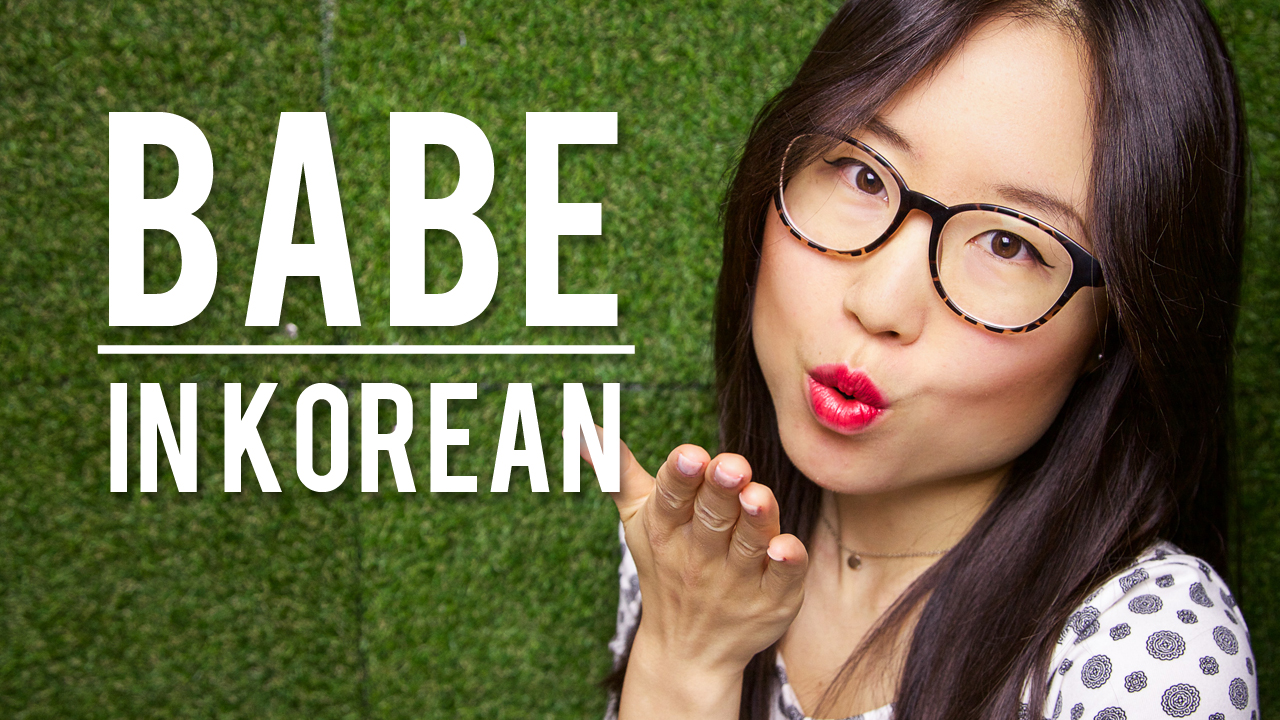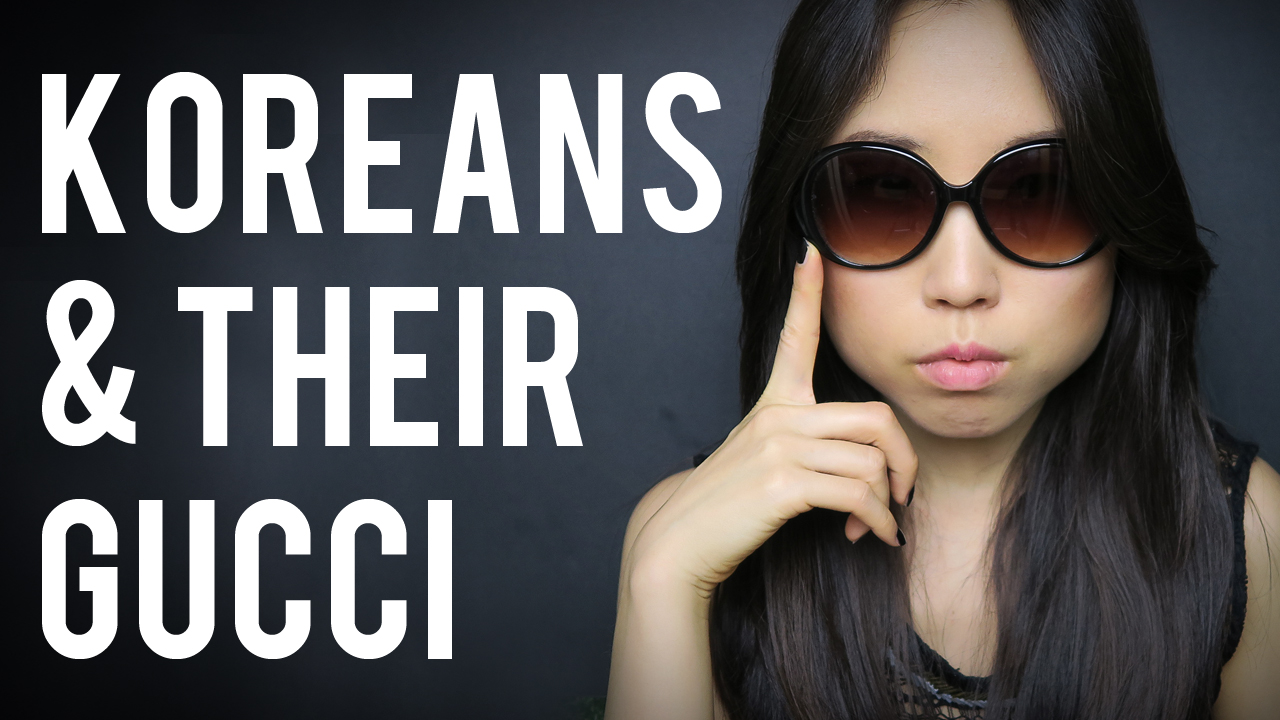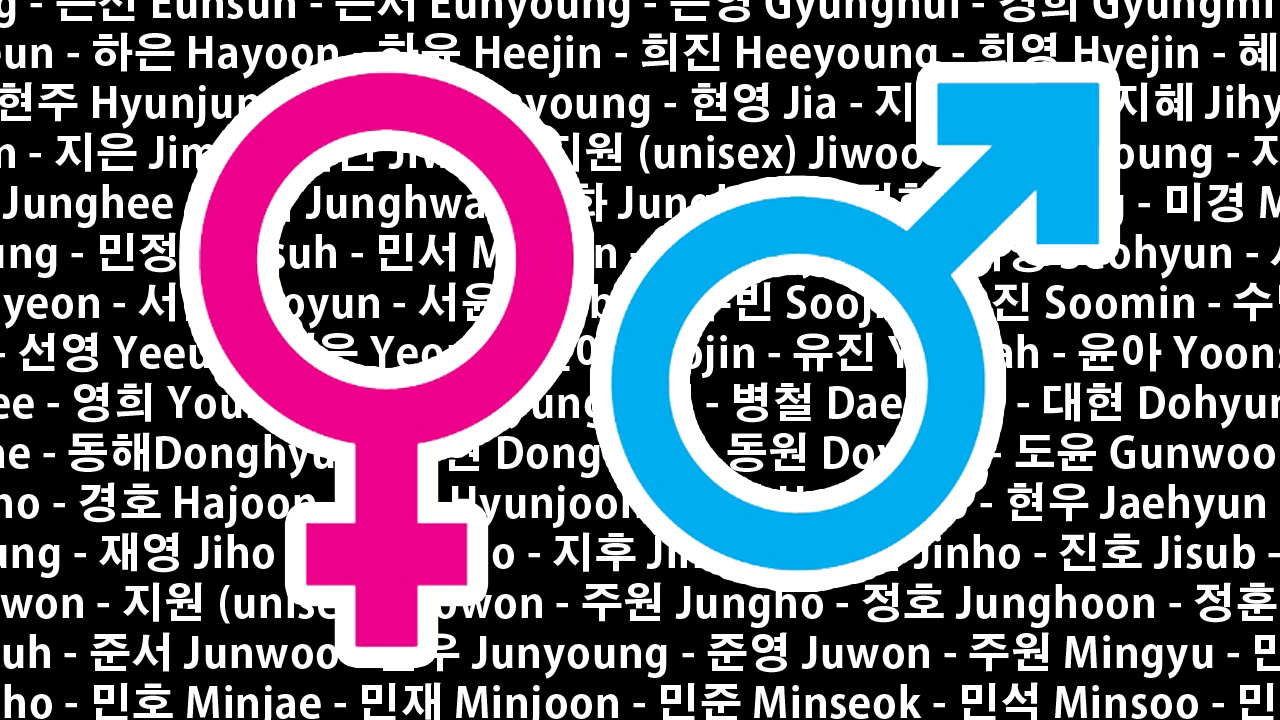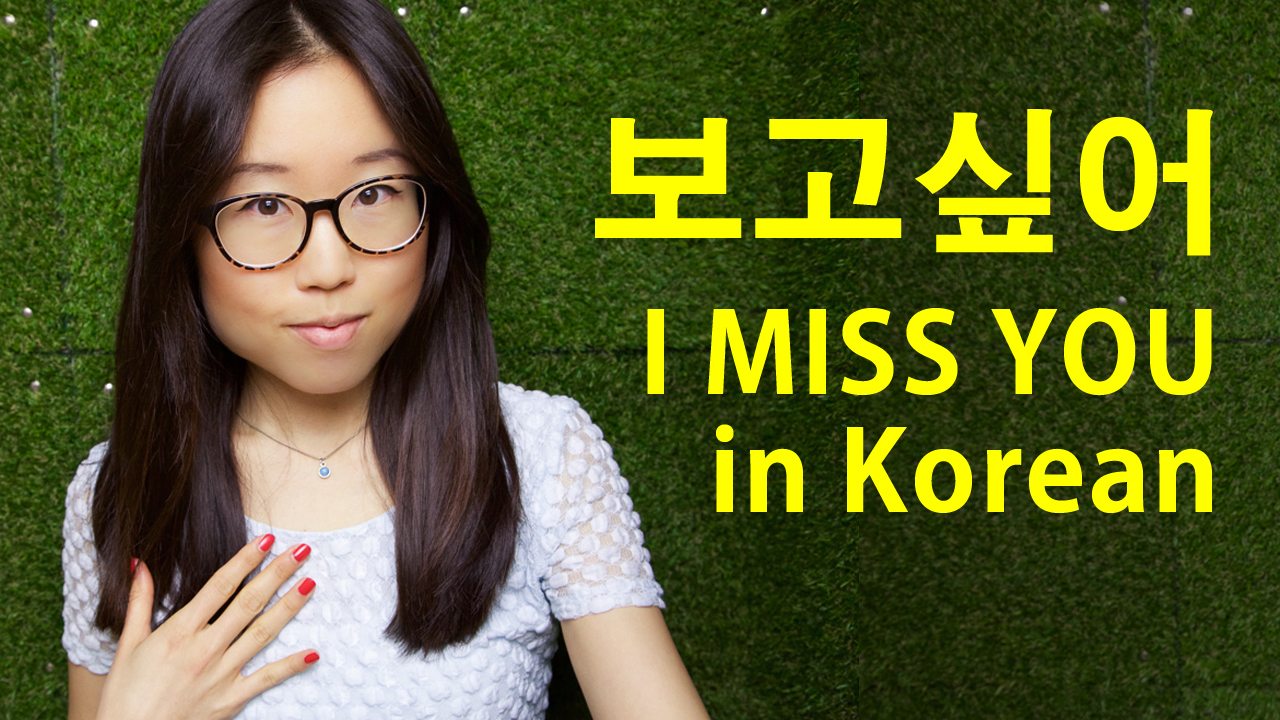Do you have a sweetheart? Perfect! Because this week we’re learning how to say honey, darling, babe, and dear in Korean. Even if you don’t have a significant other, you can use today’s words towards strangers and when you’re talking about oneself.
One way to say honey and babe is 자기 (JAGI). This term is used between both married and unmarried couples. Here are some examples using JAGI:
- 지금 몇시야, 자기?
Jigeum myusshiya, jagi?
What time is it, honey?
(informal)
- 자기보다 더 멋진 사람은 없어.
Jagiboda duh mutjin sarameun upsuh.
Honey, there’s no one more handsome than you.
(informal)
- 자기, 피곤하겠다. 수고많았어.
Jagi, peegonhagetda. Soogo manassuh.
Honey, you must be tired. You worked hard.
(informal)
You can also add a 야 (YA) at the end and say 자기야 (JAGIYA). Here are phrases using 자기야 (JAGIYA):
- 자기야, 집에 언제와?
Jagiya, jibae uhnjewa?
Honey, when are you coming home?
(informal)
- 자기야~ 오늘은 나가서 먹자.
Jagiya~ Oneuleun nagasuh mukja.
Honey~ Let’s go out and eat today.
(informal)
- 자기야, 내말들어봐.
Jagiya, naemal deuruhbwa.
Honey, listen to me.
(informal)
자기 (JAGI) is also be used to address others who are not your significant other. 자기 can refer to one’s self. For example:
- 나이가 들면서 자기 관리를 잘 해야지.
Naiga deulmyunsuh jagi gwanrireul jal haeyaji.
One ought to take care of themselves with age.
(informal)
- 먼저 자기소개 하겠습니다.
Munjuh jagi sogae haegesseubnida.
We will begin by introducing ourselves.
(formal)
- 자기나 잘하지.
Jagina jalhaji.
Focus on yourself.
(Also means: Mind your own business.)
(informal)
- 자기 자신이 가장 큰 적이다.
Jagi jasheeni gajang keun jugidah.
Your self is the greatest enemy.
Another way to affectionately say honey, sweetheart, and darling is 당신 (DANGSHIN). 당신 is used between married couples. Examples:
- 당신, 보고싶어요.
Dangshin, bogoshipuhyo.
Honey, I want to see you.
(formal)
- 우리 싸우지 말자, 당신.
Oori ssauji malja, dangshin.
Let’s not fight, honey.
(informal)
- 당신, 우리 노래방 갈까?
Dangshin, oori noraebang galgga?
Honey, shall we go karaoke?
(informal)
Interestingly 당신 (DANGSHIN) also means “you” and can be used towards strangers. Here are some Korean drama-ish phrases using 당신:
- 당신 누구세요?
Dangshin nuguseyo?
Who are you?
(formal)
- 당신 누구야?
Dangshin nuguya?
Who are you?
(informal)
- 당신만 몰랐어.
Dangshinman mollassuh.
You were the only one who didn’t know.
(informal)
- 당신 도움 필요해요.
Dangshin do-oom pilyohaeyo.
I need your help.
(formal)
- 당신 도움 필요 없어.
Dangshin do-oom pilyo ubssuh.
I don’t need your help.
(informal)
- 당신 입조심해.
Dangshin ipjoshimhae.
Watch your mouth.
(informal)
- 당신 미쳤군.
Dangshin michyeotgoon.
You’re crazy.
(informal)
- 당신을 믿을수 없어요.
Dangshineul mideulsoo ubsuhyo.
I can’t trust you.
(formal)
And yet another way to say honey, sweetheart, and darling is 여보 (YEOBO). This term is also used towards your husband or wife. Examples:
- 여보, 뭐 먹을래?
Yeobo, mwo mugeullae?
Honey, what do you want to eat?
(informal)
- 여보~ 뽀뽀!
Yeobo~ Bbo-bbo!
Honey~ Kiss!
(informal)
- 여보, 그런 식으로 말하지마.
Yeobo, geurun shigeuro malhajima.
Honey, don’t talk to me that way.
(informal)
- 여보, 이 치마 어때?
Yeobo, ee chima uhddae?
Honey, how’s this skirt?
(informal)
- 걱정 하지마, 여보.
Gukjung hajima, yeobo.
Don’t worry, honey.
(informal)
- 여보, 집에 가자. 피곤해.
Yeobo, jipae gaja. Peegonhae.
Let’s go home, honey. I’m tired.
(informal)
- 이거 먹어봐, 여보. 진짜 맛있어!
Eguh muguhbwa, yeobo. Jinjja masshissuh!
Have a bite of this, honey. It’s really delicious!
(informal)
I hope you found this lesson fun and useful. See ya next Wednesday on my YouTube channel! Anyong!






























